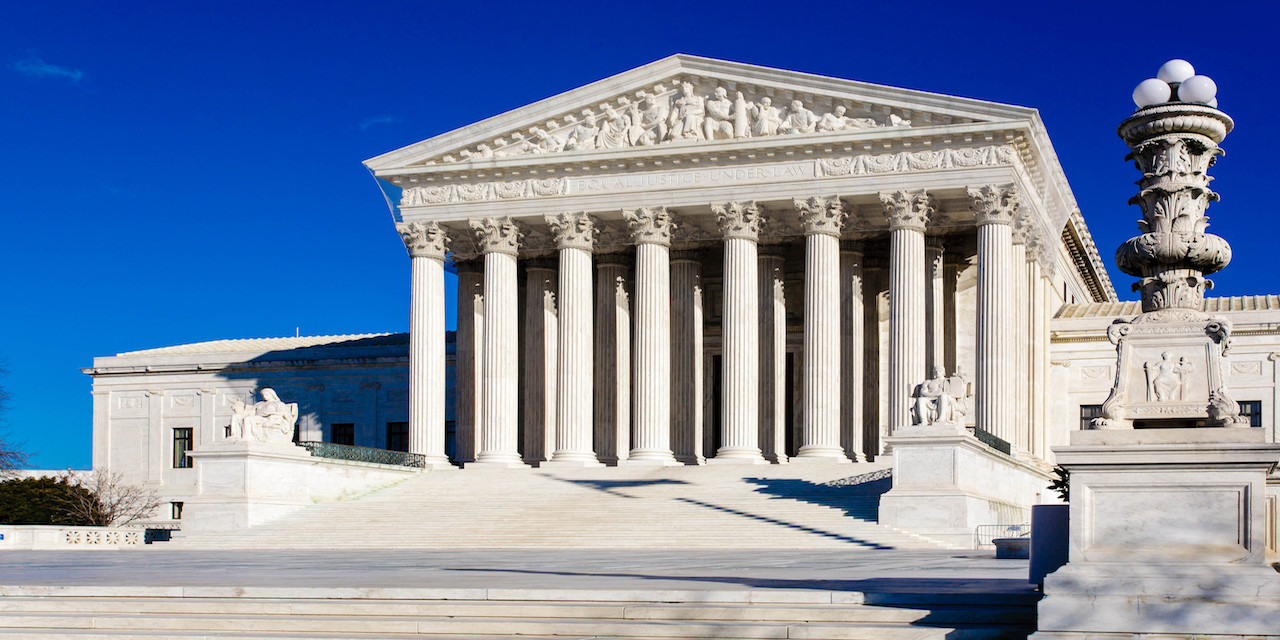WASHINGTON — The U.S. Supreme Court will get the chance to decide how much fees public-worker unions in Illinois can take from non-union workers. And if it decides to hear arguments on a challenge to the fees originally introduced by Illinois Gov. Bruce Rauner, it could mean the court is poised to overturn the longstanding legal precedent allowing the unions to exact the payments from non-members.
In March, a federal appeals court in Chicago upheld a lower court’s decision to dismiss a lawsuit that challenged the legal precedent used by unions to validate the forcible collection of so-called “fair share” fees.
The U.S. Seventh Circuit Court of Appeals dismissed a lawsuit filed by Mark Janus, a state employee, against two labor unions, the American Federation of State, County and Municipal Employees (AFSCME) and the Teamsters. Janus claimed unions’ collection of fees from non-union workers was unconstitutional.
Janus’ legal team said it will ask a new conservative majority supreme court to overturn the existing precedent established in Abood v. Detroit Board of Education, which allowed the collection of “fair share” fees.
“If the supreme court is looking for the opportunity to overturn Abood, as they appeared poised to do in Freidrichs before Justice Scalia's death, this would provide an easy vehicle,” Shannon D. Farmer, an attorney at Ballard Spahr LLP, told the Cook County Record.
Under current labor laws, unions cannot collect dues from non-union workers because unions may use the dues for political activities that non-union workers object to. This, in turn, would violate non-union workers’ constitutional speech and association rights.
The unions contend their collective bargaining actions are to the benefit of all workers, and the courts have maintained unions are permitted to charge those workers for their “fair share” of the unions’ negotiating costs.
Farmer said the likelihood the supreme court will take the appeal is hard to predict.
“It is hard to predict, particularly until a ninth justice is confirmed," Farmer said. "When the court has a full complement, it may view this as a good vehicle to finish what the court appeared poised to do in Freidrichs."
Famer said it is probable that the court would use the Illinois case to overturn Abood, particularly given the chance that conservative Neil Gorsuch will be sitting on the court at the time the case would be decided.
“If they choose to take the case, it appears very likely they would use it as a vehicle to do so,” Farmer said.
